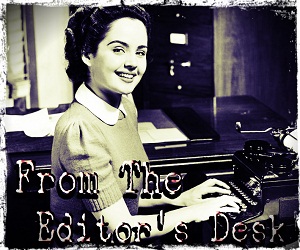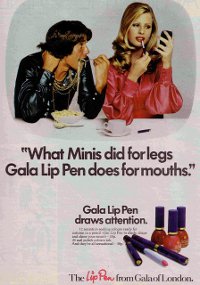For a series of loosely connected monologues focusing on the patrons and workers at an Atlanta gay strip club, Ryan Kipp‘s biographically based, self-authored, one man show, REDlight, which runs for all of 36 minutes, is immensely ambitious. Not only does it ask much of its performer in generating a diversity of meaningful, sympathetic characters within such a brief span, but it asks much of its audience in exploring the notion of a less fractious, less fragmented experience of sexuality – specifically male sexuality. Identifying fully as a heterosexual man, who is in some regard shopping the goods on an environment created for gay men, Kipp places the cat among the pigeons right from the get go. Audience members can either go with him in his explorations, or resolutely dig their heels in and deny him any authority to speak on matters he is essentially removed from. The latter objection is at the heart of Kipp’s greater theme: the possibility of stepping outside of an identity grounded experience of sexuality to encounter “the other” simply as an opportunity for connection.
The writing is compact and his character sketches necessarily condensed. On an empty stage, with just a trunk of costume changes pushed up to one side, against a backdrop of scene setting projections, and musical/audial atmospherics, we are treated to a succession of characters at various points of excitement, frustration, rage, and regret. His wife just wouldn’t understand, one character opines, that as a straight man he finds something deeply enjoyable about the company of gay men in a sexually charged environment. She wouldn’t be the only one today who couldn’t take this statement at simple face value. In one episode Kipp revisits memories of a loving boyhood relationship with his father, which grew troubled and unraveled due to his inability to countenance his father’s weaknesses. Back at the strip club, VIP clients prove enraged when their social credentials of masculine status cannot compel Kipp’s straight stripper to engage in sex. Episodically, with subtlety, Kipp articulates a world where the socialization of the sexual self gradually alienates us from the capacity for sympathy and intimacy. Related in short, pungent monologues, the author asks the audience to pull the picture together, to mine the melancholy, even as he whoops and cavorts in sexy athletic flips and gyrations. It can be difficult keeping up with who is speaking at any given time, and the boundaries between real experience and story telling are purposely frayed. It’s heady, it’s uncompromising, and it’s compelling.
As a performer Kipp is an immediate and persuasive stage presence, and you’re willing to trust him, even as an exhibitionist cock-tease who plays a game with men he won’t be fully satisfying. Perhaps this is where all the grey matter activity strays into an area hopelessly, historically grey. If you play at sexual invitation, where does the responsibility for your actions end? If you move from the stripping stage to a “VIP room” – and there may be a list of behavioral rules posted at the door – what, as an entertainer, are you playing at by denying a client what you are suggesting you are offering? Who is exploiting who, and is the relentless tease merely a front for psychological sadism? Kipp kicks up a lot of this sort of inquiring dust and artfully doesn’t attempt any pat answers. Which no doubt will prove frustrating for some.
This is an intense and personal work, jointly developed in close co-operation with the show’s two directors, Jennifer Tuttle (the author’s wife), and Marc Santa Maria. For all the hands involved, it’s impressively spare and concentrated. It provides a platform to show off Kipp’s obvious acting and writing abilities. Given the sophistication of the themes, a question arises at the conclusion when Kipp purposely breaks the frame of the drama and, arms stretched wide, finally completely naked, addresses the audience directly, asking if they could ever accept him just as he is, without the teasing allure of a constructed sexual persona. But an actor on stage is never merely himself, and as a past stripper Kipp seems ingenuous in suggesting it can be otherwise. You can as soon free such a statement from it’s context as an individual from their history. The tease goes on, but there’s merit in it.
~~~
REDlight
Trigger Creative
Writer: Ryan Kipp
Director: Jennifer Tuttle and Marc Santa Maria
Choreographer: Carol Johnson
Meet Gavin, a straight man who strips in a gay club. From his perch at sexuality’s ground zero, Gavin discovers there is more that ultimately connects us than divides us.
0h 35m Local Queens, New York
Solo Show Drama
Staycation: In Someone Else’s Shoes
www.redlightplay.com
VENUE #06: The White Box at 440 Studios
Fri 10 @ 7 Wed 15 @ 4 Thu 16 @ 9:30 Sat 18 @ 4:30 Sat 25 @ 5 Sun 26 @ 4








{ 0 comments… add one now }